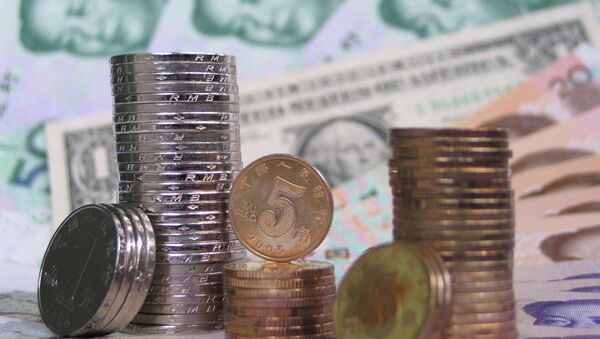When the New York Stock Exchange closed at 4 p.m. on Monday, US stocks had taken their biggest downward swing since October 2019, based heavily on fears of the economic impacts of the deadly new SARS-related coronavirus that recently emerged in central China.
The Dow Jones Industrial Average fell by 1.6%, or 453.93 points, to 28,535.8. The S&P 500 also registered a 1.6% drop, or 51.84 points, declining to 3,243.63, and the Nasdaq Composite slid by 175.6 points to 9,139.1, a 1.9% drop.
“China is the biggest driver of global growth, so this couldn’t have started in a worse place,” Alec Young, managing director of global markets research at FTSE Russell, told CNBC. “Markets hate uncertainty, and the coronavirus is the ultimate uncertainty in that no one knows how badly it will impact the global economy.”
According to CNBC, some of the biggest drivers of the stock collapse were travel companies like Expedia, Carnival and Marriott International, as well as international airlines like Delta and United, all of which saw several-percent drops in value.
Oil prices also fell on Monday, seeing their biggest decline in four months. China is the world’s largest energy consumer, so Brent crude declined by 2.67% to trade at $58.29 a barrel.
Likewise, industrial sectors like mining and construction slumped, anticipating decreased demand for industrial expansion in China.
“Clearly, the news today is just hit the sell button first and worry about the details later,” Jack Ablin, chief investment officer at Cresset Capital, told the Wall Street Journal.
WSJ also noted that the Cboe Volatility Index (VIX), which gauges the capriciousness of the top 500 companies that comprise the S&P 500, also hit a new high for the year, jumping from 14.5 to about 17.
“Investors tapped the brakes last week as overbought conditions and concerns over the coronavirus created a few speed bumps on the path to record-highs,” Craig Johnson, chief market technician at Piper Sandler, told CNBC. “We continue to believe there is an elevated risk for a deeper pullback to develop.”
The disease broke out in Wuhan, the capital of China’s Hubei Province, in early December. According to Chinese health officials, the virus has infected at least 2,700 people and killed more than 80. Cases have been reported in South Korea, France, Australia, and the United States.
The US State Department and Centers for Disease Control and Prevention have both issued travel advisories to Americans, warning them not to travel to China, and especially Hubei Province, if the trip is not essential.



